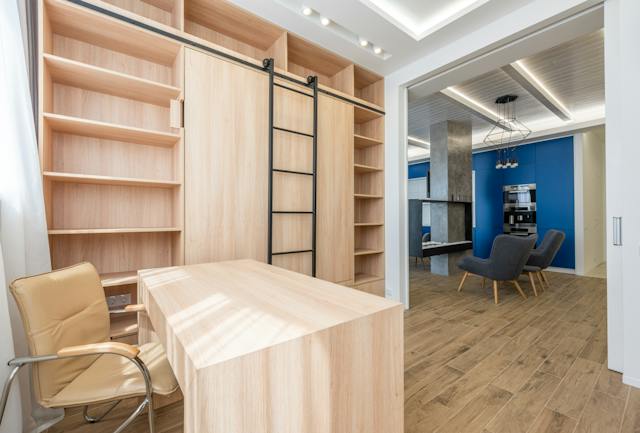How does a home vacancy impact your insurance?

A home may be left unoccupied for any number of reasons. It could be that you’re snowbirding and spending the winter months away at a cozy tropical cottage, or maybe your property is undergoing renovations and you are living away at a hotel for the time being. There’s a difference between unoccupied and vacant. Vacant would imply that the home is not being lived in at all, but there still may be personal belongings, appliances, and so forth at the property. If you’re away for a few days, or weeks, or even months, but have the intent to return, that won’t class as vacant. However, in the event where a homeowner has passed away, the home may be classed as vacant – as it’s ready to be occupied and possibly even fully furnished, but no one is presently living there.
Bottom line: by definition, vacancy is more to do with the intention to return than what’s inside. Question is, how does vacancy impact home insurance? Read on to find out.
How insurance companies view vacant properties:
Because there’s no one around to look after/maintain the property, insurance companies will generally deem a vacant property as higher risk. Without someone present to catch issues in time before they worsen, the risk of damage increases exponentially. This goes for things like burst pipes, which can drip slowly with time and gradually increase to where extensive damage has been done to the property, potentially costing over thousands of dollars in repairs. Moreover, houses that have visual indications of being vacant – i.e, untrimmed lawns, overflowing mailboxes, no lights being switched on, may be more appealing to thieves and burglars and are at higher risk of break-ins.
Will insurance companies still insure vacant homes? It depends. Many insurance policies will contain a clause that states a limit on how long a property may be deemed vacant before the policy is voided. This is usually around 30 days but be sure to familiarize yourself with the fine print in your policy to be sure. Standard home insurance may not always include vacant homes. In certain cases where a vacant home may be insured, coverage is likely restricted. Most companies will not provide coverage to vacant homes for damages such as water damage, vandalism/theft damage, and glass breakage.
Vacant home vs unoccupied home
An unoccupied home is essentially classed as a home where the residents are away temporarily – either for a trip, pest tenting, or otherwise. Unoccupied homes may be left empty for up to 30 days without requiring the purchase of additional insurance. With unoccupied homes, there is the intent to return within a certain period of time. If your trip may go beyond 30 days, consider having someone check in on your property for you – but be sure to inform your broker as you may still require added insurance.
A vacant home is a home or property left empty without the intention to return, because a home needs to be rented out, is waiting to be sold, or the homeowner living there has died. It may be fully furnished or empty. Regardless of whether the utilities are shut off or not, there is still a much higher risk of damage to vacant homes. Vacant homes may require added vacant home insurance, which is generally more expensive than your standard home insurance and may have restricted coverage. However, it’s better to have this policy than not, as a vacant home won’t be covered if anything happens to it without you first carrying an extension.
Is it expensive to insure a vacant home?
It is generally around 50% to 60% more expensive to insure a vacant home, and the cost will depend on a multitude of factors. You can expect your existing typical factors to play a role – i.e, geographical location, square footage, age of home, age of systems, insurance history, etc. – on top of vacancy-specific factors, such as the reason for vacancy, how often someone checks on the property, and the overall length of vacancy. With some insurance companies, the additional premium may be waived for the first 30 days that the home is left vacant, but coverage restrictions may apply right away. You should inform your broker of your property’s vacancy as soon as possible.
What to do if your home is vacant:
Once you know that your property will be left vacant for whatever reason, get in touch with your home insurance broker. They’ll want to know several pieces of information, including things like:
- What security measures your property has in place
- If the water is already shut off
- If anyone will be checking in on your home
- When the period of vacancy will end
- When the period of vacancy first began
- If heat is being maintained
- …etc.
To help keep your premiums to a minimum, you may wish to hire a property manager to look after your vacant home. This could be a house sitter or simply a family member who will do things to keep your property adequately maintained, including sweeping out debris, trimming the lawn, checking for signs of damages, clearing out mail, etc. These also help to give the appearance that the home is occupied, so it may be less appealing to potential thieves.
If at all possible, you may have a friend, family member, or tenant move into the property temporarily to avoid the vacant status altogether.

